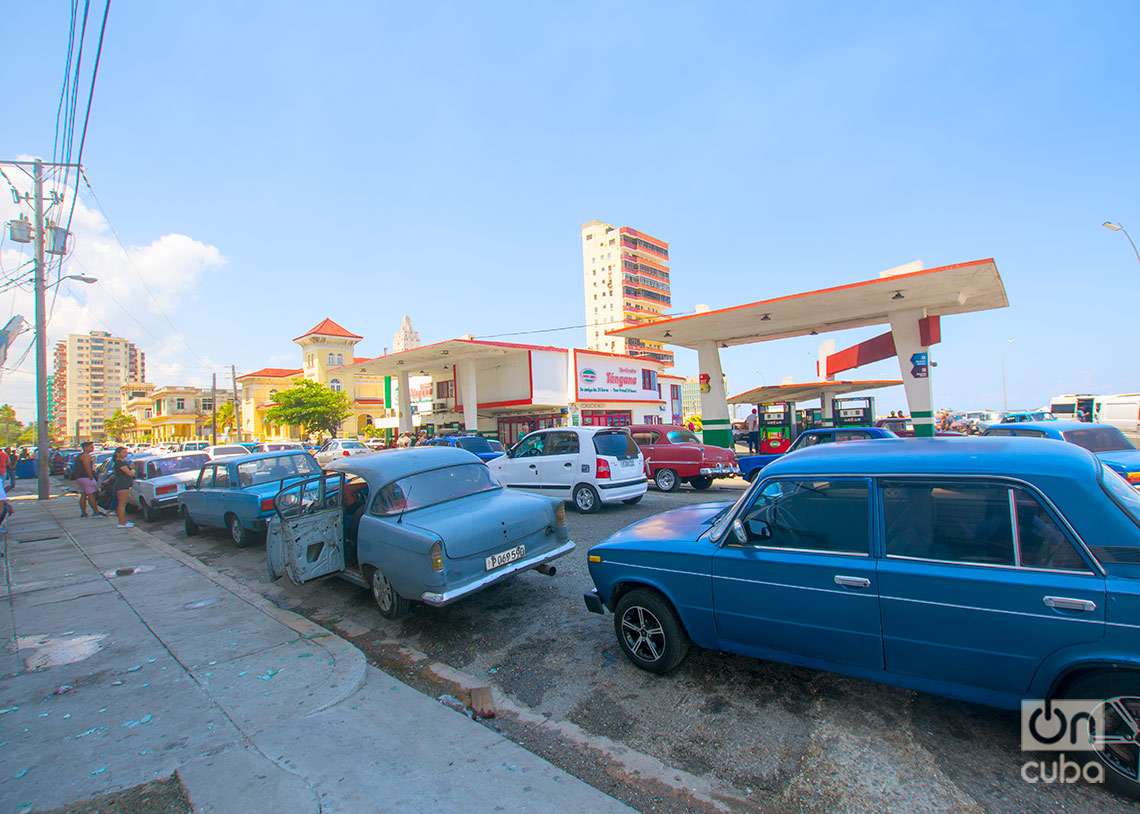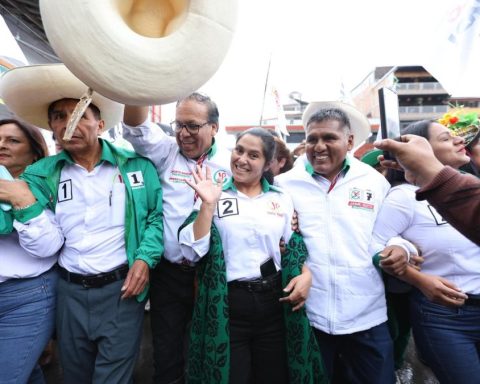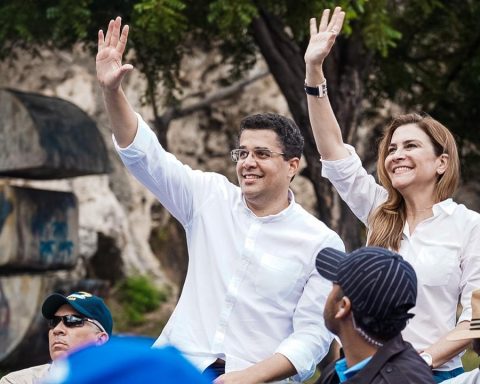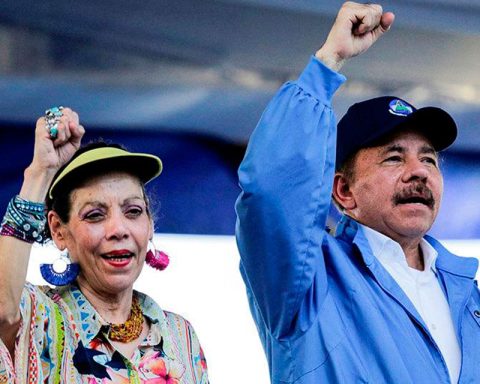The state company Unión Cuba Petróleo (CUPET) assured that the island does not export gasoline in the midst of the current crisis of fuel that crosses the country.
This was stated by Néstor Pérez Franco, general director of CUPET, in reference to comments and accusations in this regard on social networks and in media outside the island.
The manager explained to the digital site cubadebate that the company “does not export gasoline, taking into account that consumption is not being guaranteed.”
In this sense, according to the official media, Pérez Franco said that the Cuban authorities are “permanently following the dissatisfaction due to the shortage of fuel and evaluating solutions.”
“We cannot allow things to be misrepresented, nor create more disagreements than we already have with the shortages that we all suffer, and that we are working to reduce as soon as possible,” stressed the director of CUPET.
@cubapetroleo1 does not export gasoline, taking into account that consumption is not guaranteed. The government leadership is permanently following the dissatisfactions due to the shortage of fuels and evaluating solutions. pic.twitter.com/DIrFvw1AGs
— Ministry of Energy and Mines of Cuba ?? (@EnergiaMinasCub) April 23, 2023
The manager reaffirmed that “for several months we have had limitations on imports of refinable crudes and derivatives of diesel and gasoline,” and noted that this has not allowed Cuban refineries “to continue processing as they should, and thus guarantee the consumption of the economy and the population”.
In the same way, he specified that “one of the closest suppliers, despite having innumerable production limitations (…) has guaranteed the supply of some products that alleviate the existing situation somewhat, but do not cover all the demands of the economy and the population”.
Pérez Franco pointed out that the island “does not have enough refinable crude to allow it to fully exploit existing refining capacities.”
“With the limitations that have been imposed on us in imports and the high prices in the markets, it is very difficult for the country to access this product,” he added.
After several weeks of shortages, the Cuban government reported earlier this week that the fuel supply problems will continue at least until May and attributed the situation mainly to the “non-compliance” of the suppliers.
Faced with this scenario, the authorities announced a group of measures, such as prioritizing “vital sectors”, distributing “diminished capacities” to avoid “reaching point zero”, and restrict saleboth gasoline and diesel, to private vehicles and non-prioritized state vehicles.
In this context, the long lines around the service centers have become a common part of the landscape throughout the island, while the difficulties with public transport and other activities of the social and economic life of the country have increased.














